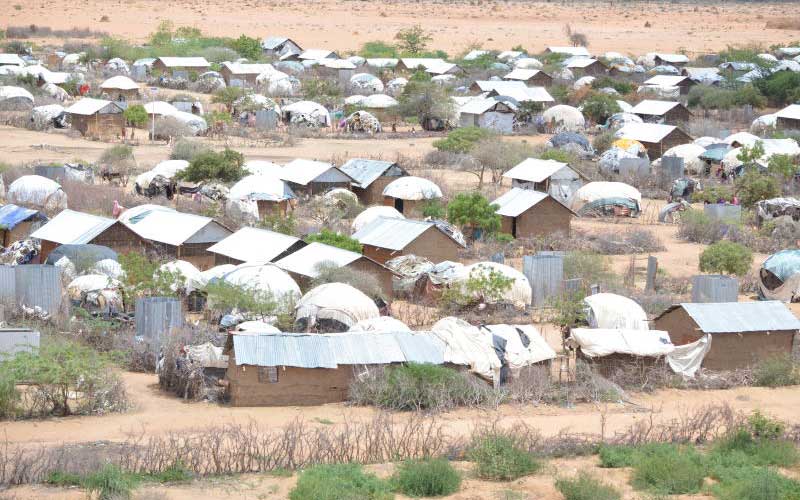
In the 1950’s, Jomo Kenyatta wrote the famed fable ‘Gentlemen of the Jungle’ about the realities of colonization and the resistance to it. The story is well known, but in the end the African man wins by ridding himself of the foreign lords, and as he is doing so says: “Peace is costly, but it’s worth the expense.”
His son, President Uhuru Kenyatta must be pondering these wise words as he considers some of his moves against the infiltration of Al Shabaab into Kenyan territory, the latest result being the massacre at Dusit a few weeks ago.